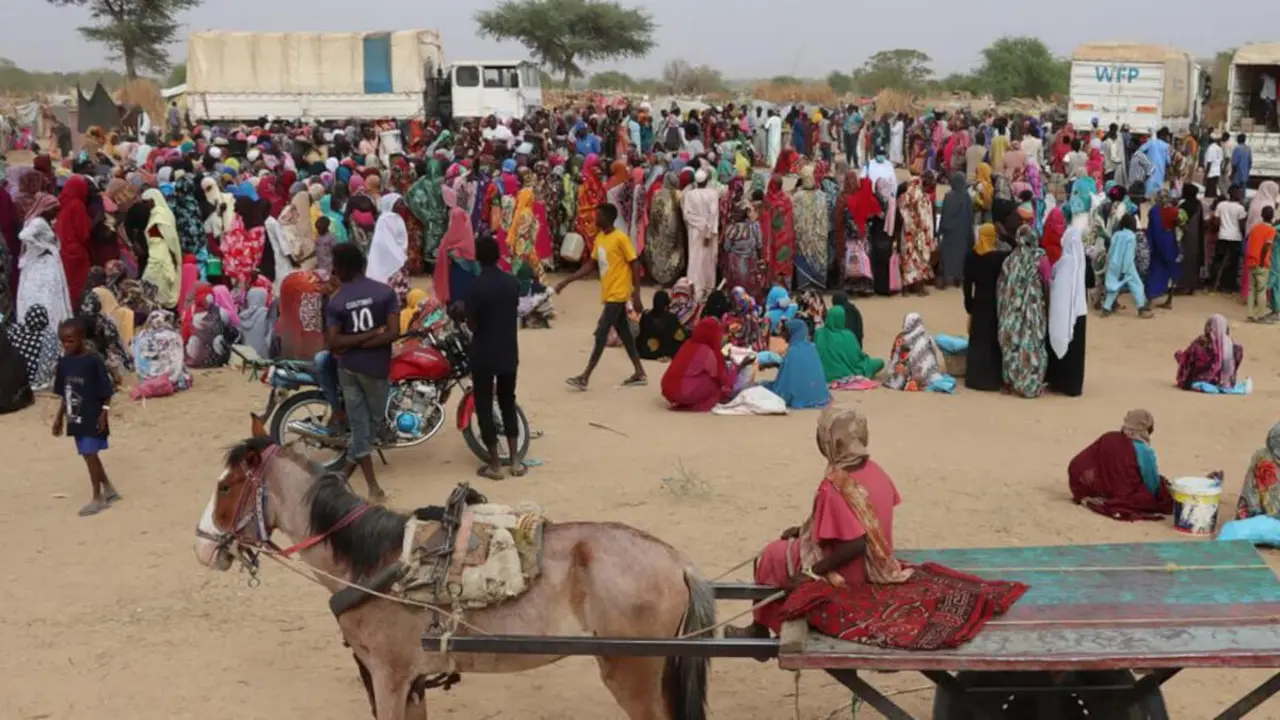Daesh and Al-Qaeda remain a serious threat on the Internet

The European Union's Internet Reference Unit (IRU) has highlighted in its latest report the continuing high level of danger posed by jihadist terrorist groups such as Daesh and Al-Qaeda through their activity on the Internet.
Radical messages on the web must continue to be tackled and must be a priority for law enforcement in order to prevent the radicalisation of terrorist or potentially terrorist elements, as stated in the text of this European Union (EU) crime division. It is precisely the intensive recruitment of people through the Internet that is one of the most developed activities of Daesh, Al-Qaeda and their related groups.
The EU Internet Reference Unit's report for 2019 has noted that Al-Qaeda had gained a following because counter-terrorism efforts were more recently focused on Daesh. "The propaganda disseminated online by both Daesh and al-Qaeda, although less accessible thanks to the disruptive action carried out jointly by EU Member States and the IRU, continues to inspire and incite lone attacks by people who have no physical connection to either group," the report said. "Therefore, combating the media reach of terrorist groups, limiting their ability to carry out attacks and attributing terrorist crimes online through enhanced international cooperation should remain a priority," the IRU also said.
The report, which was published by the European Police Office (Europol), noted that Daesh launched a media campaign and sent 15 videos from June to September last year, showing combatants declaring their loyalty to former leader Abu Bakr al-Baghdadi, who was killed in a U.S. military operation in the northern Syrian province of Idlib in late October 2019.
Meanwhile, a new media campaign was implemented following the declaration of Amir Mohammed al-Mawla as the new leader of the terrorist group, which included the support of elements linked to Daesh.
The U.S. State Department placed Al-Mawla on its list of Specially Designated Global Terrorists with a reward for his capture of $10 million, as recalled by the UAE-based media, The National.
Daesh also released short cell phone videos of women and children in Al-Hol camp in Syria, a center for displaced persons and refugees for families in areas controlled by the jihadist organization, pledging loyalty to the group.
In response to this virtual activity, Europol carried out an operation last November to delete thousands of messages and accounts linked to Daesh on the Telegram social network. "The elimination action coordinated by EU Member States and Europol resulted in an extensive eradication of pro-Daesh accounts, channels and groups on Telegram," the report said. It also noted that "official Daesh media and support groups are still struggling to rebuild their online networks," and that "efforts continue on several platforms.
Europol's action last November resulted in "a significant part of the key players within Daesh's network in Telegram" being "removed from the platform". Telegram reported that 5,055 terrorist accounts and bots were removed from its platform during the operation.
The IRU report stressed that Al-Baghdadi's death had little effect on the group's ability to attract supporters and said its "emphasis on being a state" could undermine its credibility. "Its propaganda has tried to show that it remains a threat, albeit deterritorialised, but that it could regroup in the future," the text said.
"Moreover, the death of Al-Baghdadi did not deal a significant blow to the group. More than Al-Baghdadi, it is the idea of the caliphate that will continue to attract potential supporters. However, Daesh's emphasis on statehood coupled with his continued inability to carry out territorial governance could undermine his credibility in the long term," said the report, which also urged countries to be aware of the threat from Al-Qaeda.
"While the focus against terrorism was on Daesh, Al-Qaeda patiently strengthened its network of affiliates, from West Africa to South-East Asia," the IRU said. "Al-Qaeda's ability to ingratiate itself locally has made the organisation more resilient. In addition, the leadership of Ayman al-Zawahiri, which many have described as uncharismatic, gives al-Qaida the benefit of continuity," he added.
On the other hand, the report also pointed out that competition between the groups could directly affect them in a negative way: "The future of Al-Qaeda and Daesh will be largely defined by the competition between the two. A key question is whether this competition will evolve into greater confrontation or whether some alliances will be forged, at least in some regions, as has been identified in West Africa.
"One of the reasons for this competition, which has been played on social networks, is due to the similarity in ideology and final objectives," the report explained.








